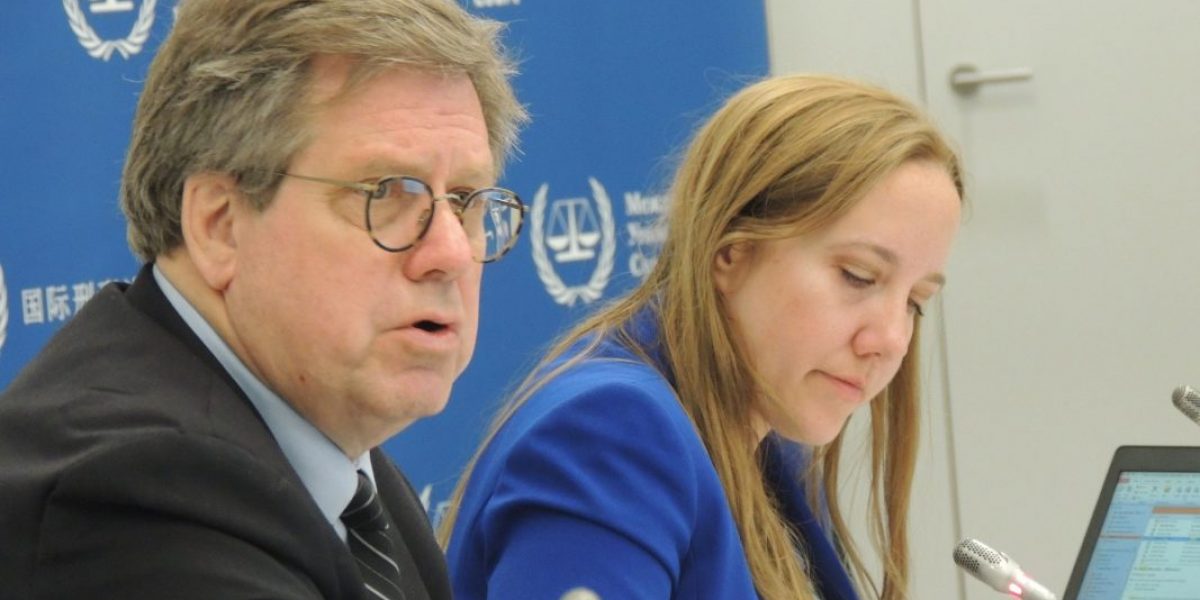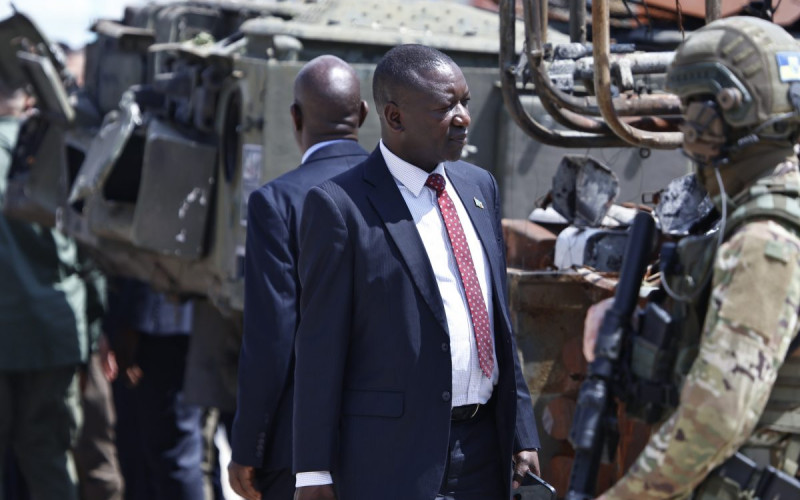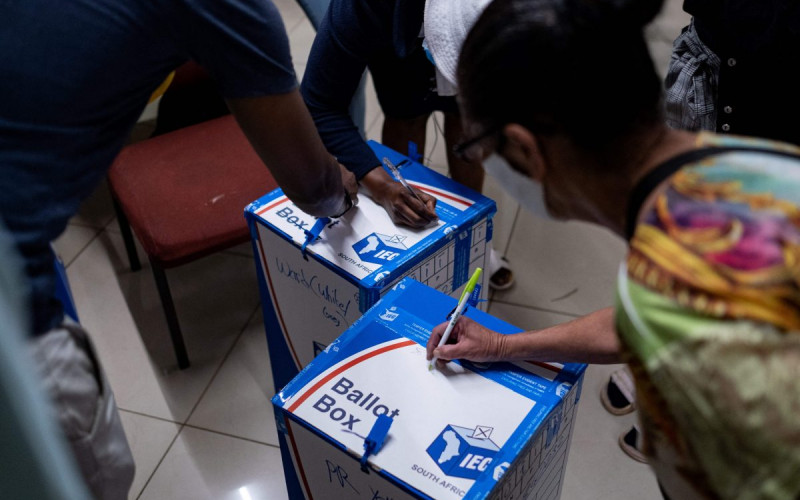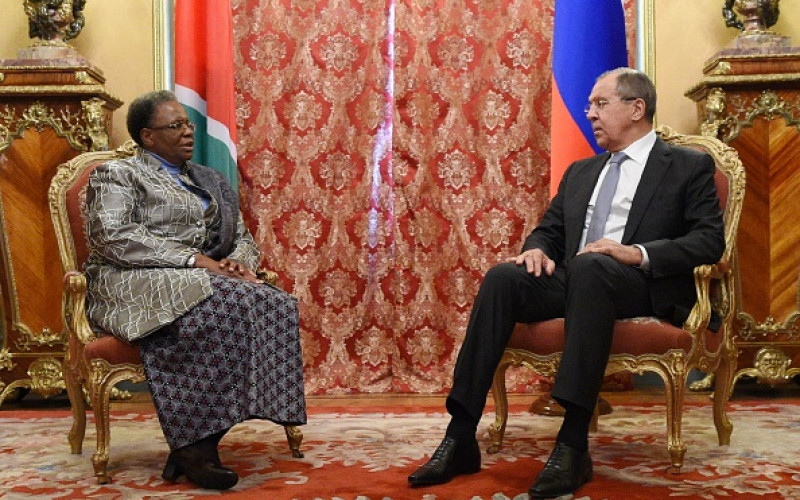The 70 men were arrested in Zimbabwe after the SA government alerted authorities in Zimbabwe and Equatorial Guinea that they were part of a group captured in Equatorial Guinea that have confessed to plans to launch a coup d’etat against the government of that country. The men’s attorneys argued that the SA government should request their extradition because there was no prospect that the men’s constitutional rights to a fair trial or humane treatment would be respected in either Zimbabwe or Equatorial Guinea
‘The jury is still out on whether the SA government and our courts have done enough to protect the rights of the alleged mercenaries now facing trial’.
The precedent for this action was the Constitutional Court judgement on Khalfan Mohamed, an illegal immigrant, deported to the US by the South African government and convicted for his part in the bombing of the US embassy in Kenya in 1998.
The court found that his deportation was illegal and that the SA government should have obtained guarantees that Mohamed would not be given the death sentence, outlawed in SA.
The alleged coup plotters’ attorneys argued that, by its actions, the SA government had caused the arrest of their clients and there was a similar obligation on the government to protect their constitutional rights. Justice Ngoepe said that the men, unlike Mohamed, had voluntarily removed themselves from South Africa and the SA government did not incur any legal obligation to protect them by warning the authorities in Zimbabwe of their plans.
He also noted that it was in the discretion of the South African government to decide the timing and nature of any representations it might make on behalf of the men and that he was not in a position to make findings on the legal systems in Zimbabwe and Equatorial Guinea. The judgment does not close the door to further legal action by the plaintiffs because it does not explore the nature and extent of the South African government’s duty to its citizens.
There are several international precedents that outline the duty of states with regard to the trial of their own and foreign nationals in third countries for criminal offences. States can apply to the International Court of Justice when they believe that the rights of their citizens have been violated.
Meanwhile, the alleged mercenaries find themselves in an invidious position. If they had confessed to a coup plot in their court papers, the South African government could charge them in terms of mercenary legislation, thereby facilitating their extradition to South Africa.
But proclaiming their guilt puts them at the mercy of the legal systems in Zimbabwe and Equatorial Guinea where it seems they are unlikely to receive a fair trial. Their right to remain silent in terms of SA law is threatened by this dilemma.
There is no legislation outlawing extra-territorial mercenary activity in Zimbabwe. They have been charged with offences related to their alleged breach of firearm control and public order legislation. The prima facie case against them appears to be weak. An army colonel in the Zimbabwe Defence Industries allegedly sold firearms to the alleged coup plotters without adequate documentation. There has been no explanation from the Zimbabwean authorities as to how this occurred. No evidence has come to light that there was a plot against the Zimbabwean government so it is unlikely that public order charges will stick.
The Zimbabwean government tacitly acknowledged this dilemma by passing legislation allowing the extradition of the men to Equatorial Guinea after they arrested the men. It is an established principle of many jurisdictions including Zimbabwe that legislation cannot be applied retrospectively.
Reports that the Zimbabwean government has agreed to illegally extradite the men to Equatorial Guinea in exchange for oil raises further concern about the rule of law in Zimbabwe.
Human rights groups such as Amnesty International claim that there is no rule of law in Equatorial Guinea. Opponents of the government have faced execution without due process. This is the possible fate of the alleged coup plotters if extradited to Equatorial Guinea. The South African National Prosecuting Authority, media reports suggest, has said that there is little prospect that the men will receive a fair trial. The NPA was sent to Equatorial Guinea to assist the authorities in ensuring a fair trial but has no real authority to intervene.
The South African government also finds itself in a difficult position. It now has to rely on diplomatic measures to protect the rights of the accused.
Arguably, the government has not provided an adequate explanation to the South African public as to why it cannot prosecute the alleged coup plotters.
The fact that the government alerted the authorities in Zimbabwe to the men’s activities suggests that it may have had sufficient information to establish a conspiracy to provide military assistance to overthrow a foreign government, even if the men had not committed an overt act of hostility – an offence provided for in the Foreign Military Assistance Act.
It is understandable that the SA government wishes to send a clear signal that mercenary activities will not be tolerated. But it also has an obligation to protect its citizens against arbitrary justice in international law. This includes the right to be regarded as innocent until proven guilty and to be heard in a competent tribunal. The jury is still out on whether the SA government and our courts have done enough to protect the rights of the alleged mercenaries now facing trial. The SA government still has a chance to request their extradition or to make formal representations to the governments involved to respect the rights of these men to a transparent and fair legal process and humane sentence if found guilty.






